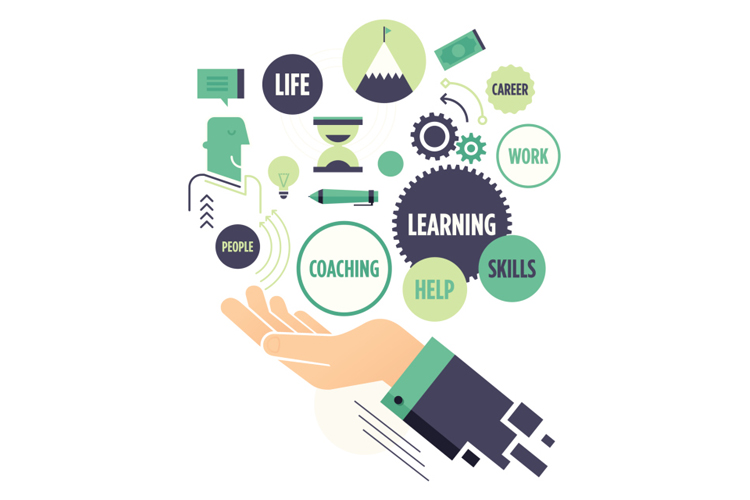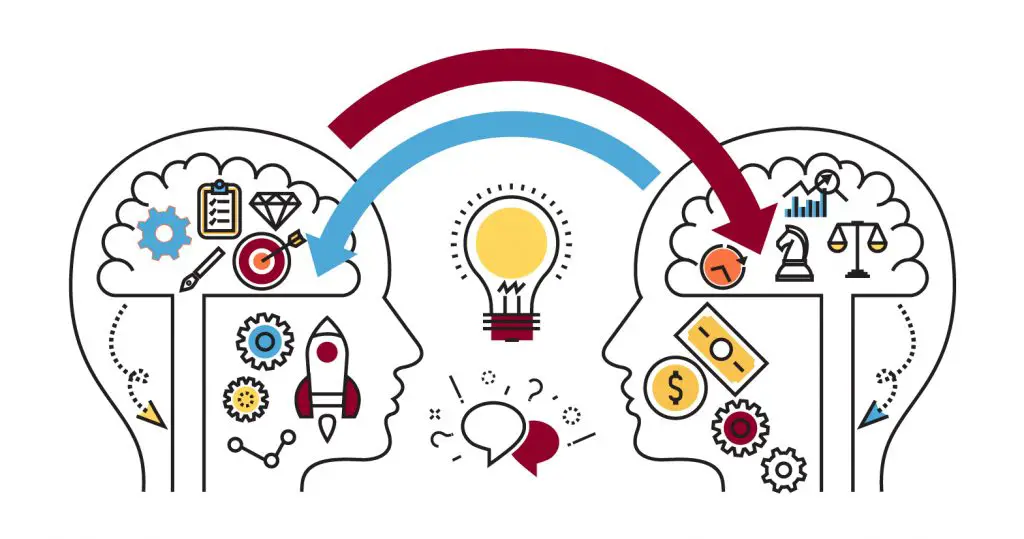Listening
Add your text
Receiving

Involves hearing and attending.
Hearing is the physiological process of registering sound waves as they hit the eardrum.
Attending is the process of accurately identifying and interpreting particular sounds we hear as words.
Evaluating

Add your text
The listener assesses the information they received, both qualitatively and quantitatively.
Evaluating allows the listener to form an opinion of what they heard and, if necessary, to begin developing a response.
Responding

Add your text
The listener provides verbal and/or nonverbal reactions based on short- or long-term memory.
Following the remembering stage, a listener can respond to what they hear.
Listening process
Listening is an active process by which we make sense of, assess, and respond to what we hear.
The listening process involves five stages: receiving, understanding, evaluating, remembering, and responding.
Understanding

Understanding or comprehension occurs when both the speaker and audience share an experience of meaning.
Understanding what we hear is a huge part of our everyday lives, particularly in terms of gathering basic information.
Remembering

Add your text
The audience categorizes and retains the information they’ve gathered from the speaker for future access.
Allows the person to record information about people, objects, and events for later recall.
Listening in teaching and learning context
Based on my experience as a student, I think I can state that listening is one of the most difficult fields of the English language. Consequently, teachers must be well prepared to develop meaningful content that helps students to make it easier for them to acquire such a tricky skill.
I remember when I was learning English, and some teachers I had, wanted us (the students) to understand listening recordings but, since we were on a basic level, it was very hard. I also remember that, in the beginning, I used to think that teachers were doing us badly, because how could we be able to understand those listenings? Later on, I understood that it was helpful for me to be exposed to the real English language since the beginning of my long journey studying it because, the first time I faced a real-life situation, I had success. However, one thing I realized my teachers did wrong, was not to consider all the students' needs. As I mentioned before, it was helpful for me but, it wasn't for everyone in the classroom, and because of this, I can remember more than 10 classmates who left the group at some point.
I've had the experience of being a teacher, at least online and not formally but I would say that both teachers and learners have much to improve when listening in the classroom. As a teacher, you have to understand that even though it is said to be the best for students to be exposed to real language from the very beginning, there'll be sometimes that you'll need to use L1 to explain some things, and actually, that's ok. Not everyone learns the same way nor the same time, and in fact, every teacher should be able to take into consideration students' needs, likes and dislikes, strengths and weaknesses, and so, to develop content that fits everyone.
Listening is something that you don't master just by being in the classroom, that's why keeping students motivated is more than important, that way they are interested in continuing to learn and practice even outside of the class.
As mentioned, I'm of the idea that students have some things to improve too, for example, you can't pretend that it is just the teacher's responsibility to teach you listening and you don't have something else to do, you have to work hard, be disciplined, responsible and in general, do your part to make it happen.
